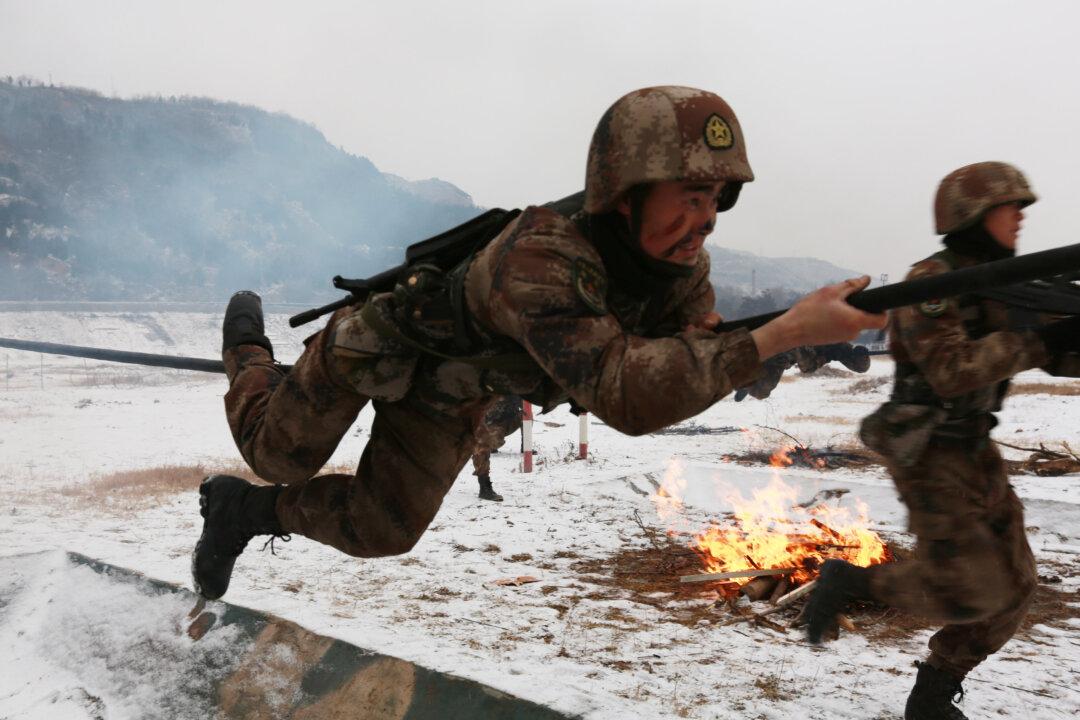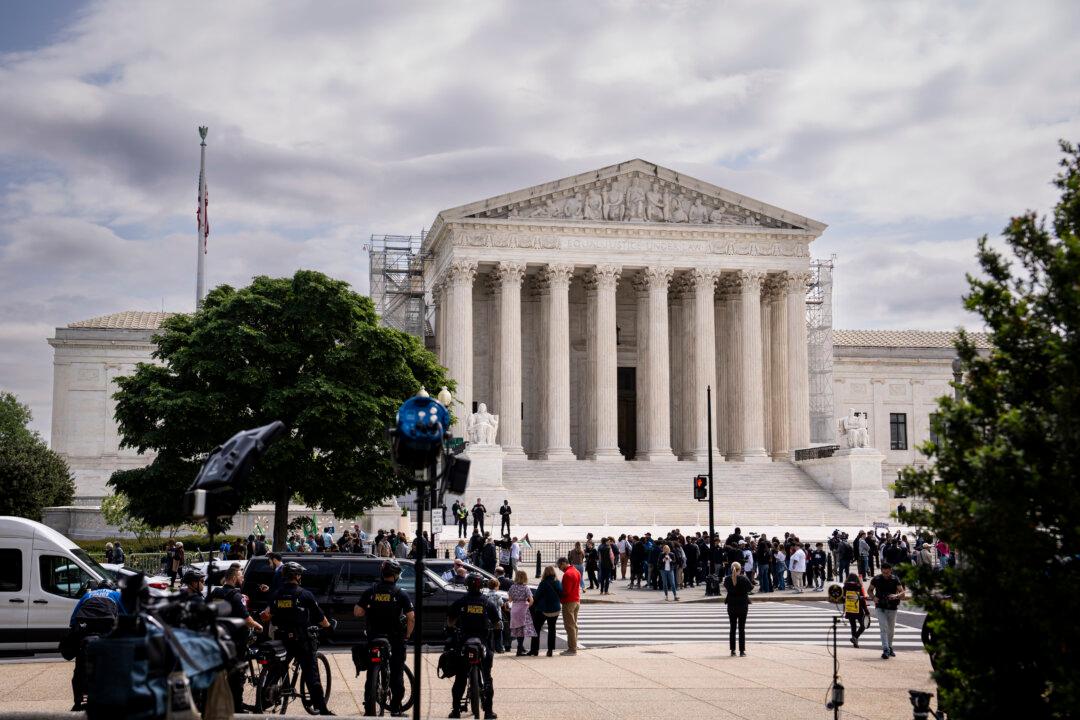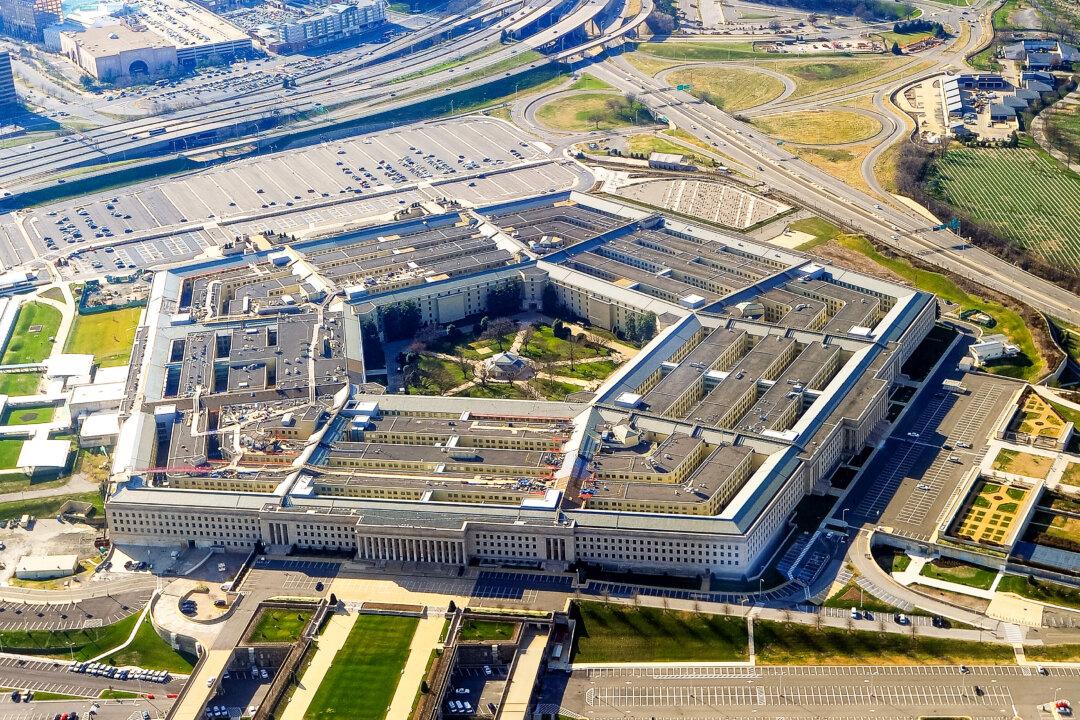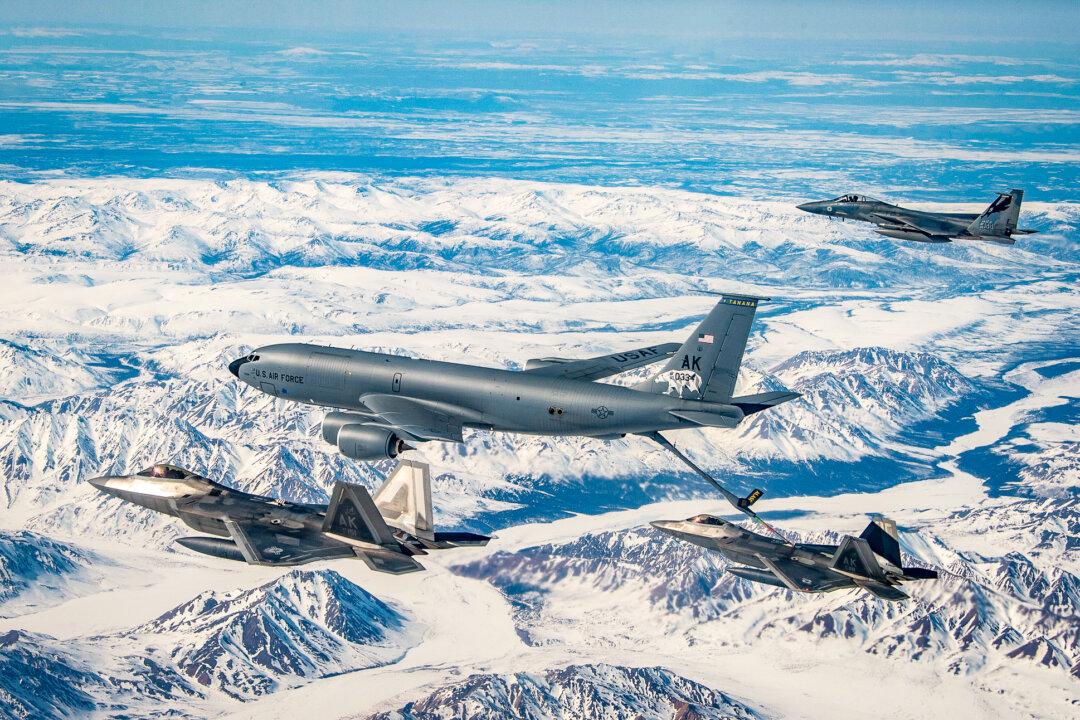The Chinese regime’s recent show of military strength in Tibet was an attempt to intimidate neighboring India amid heightened tensions, according to two former high-ranking military officers. But New Delhi remains confident it’s a formidable opponent to Beijing, they said.
At the end of August, large-scale joint exercises were conducted by the People Liberation Army’s (PLA) Tibet Military Command (TMC). At least 10 brigades and regiments affiliated with the PLA took part in the exercises near India’s northeastern border. The exercises were akin to last month’s naval and air force assault drills carried out by the PLA near Taiwan’s southern coast.




